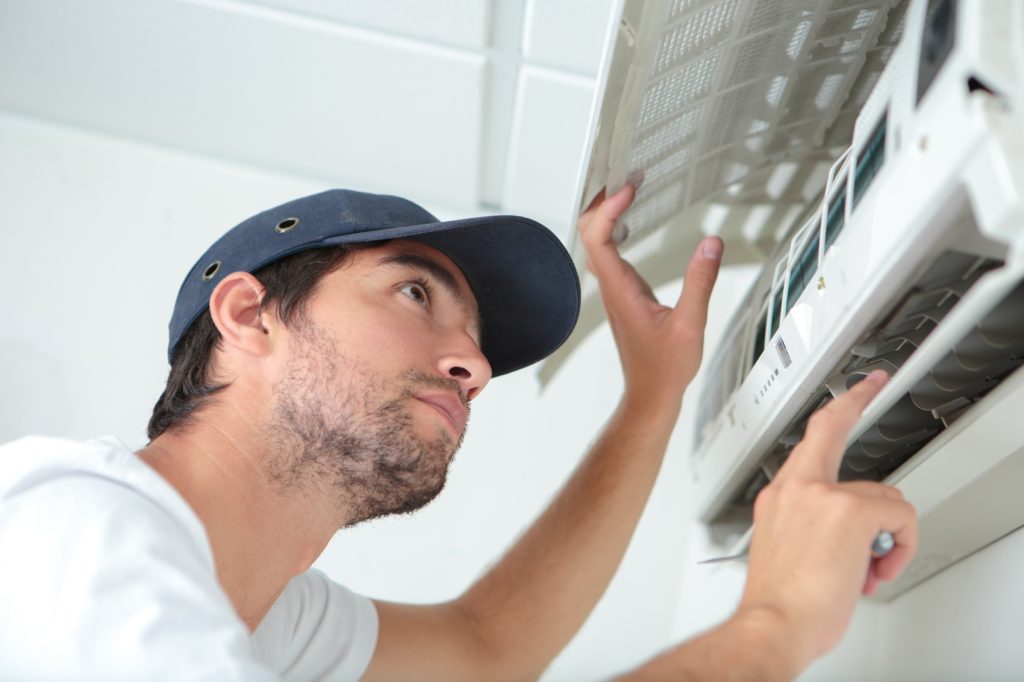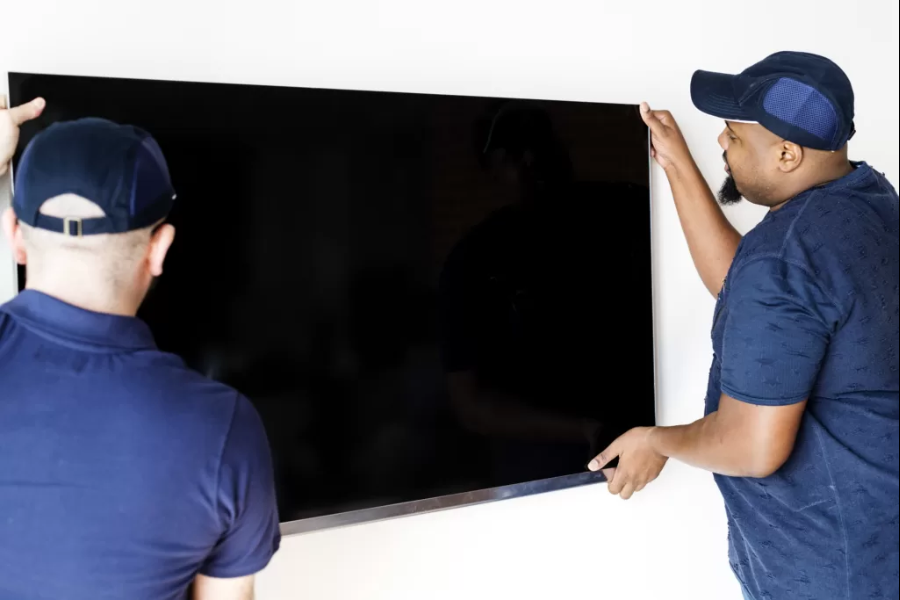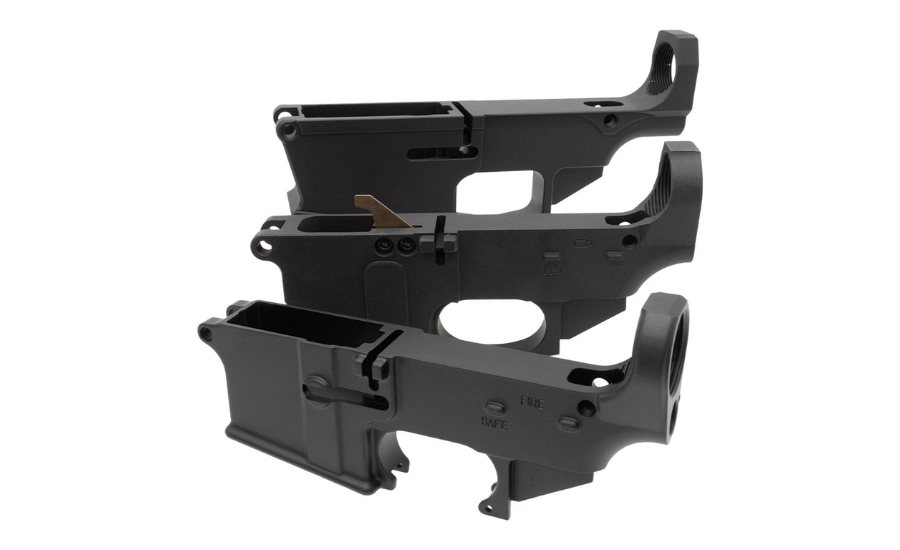When it’s extremely hot during summer, you want your air conditioner to perform optimally and cool your interiors. If your AC system and home are not well-optimized, the costs can be higher. Finding ways to make your cooling efficient, like AC replacement and repair, can help reduce your electricity bills. Here are a few ways to save money on air conditioning:
1. Get AC Maintenance Regularly
As you use your air conditioning unit, many things can impact its efficiency. Clogged air filters will hinder proper airflow. They force your unit to work harder than necessary to get air moving around, and this hard work consumes more electricity. Evaporator and condenser coils are also prone to dirt buildup, hindering proper heat exchange. If it has been a while since your last AC servicing, find an AC replacement and repair technician. They can detect issues affecting your unit’s efficiency and solve them. They’ll clean or replace dirty air filters, clean dirty coils, check AC fins, recommend sealing cracks in ductwork, and perform other necessary tasks.
2. Get a Programmable or Smart Thermostat
Some people keep their air conditioning units running all the time, even when they’re not home. That consumes a lot of energy while the cooled air goes to waste. Invest in a programmable or smart thermostat to run your unit when you’re home and save money on your bills. With a programmable thermostat, you set your unit to operate at specific times during the day. It could be mornings when you’re home or evenings just before you reach home, allowing you to enjoy the cooler temperatures. A smart thermostat upgrades your convenience even further. It connects to your Wi-Fi, and you control it using your smartphone, allowing you to turn your AC on and off from anywhere and at any time. You don’t have to keep it running all the time.
3. Set Your Thermostat a Few Degrees Higher
People may think that temperatures must be as low as possible to maintain a comfortable environment. The lower the temperatures, the harder your unit will work to maintain the desired comfort levels. That translates to higher cooling bills. Set your thermostat a few degrees higher than what you usually set, as long as you feel comfortable. If you usually set it to 65 degrees, set it to around 68 to 70 degrees. Your unit won’t work as hard, and you may notice energy savings from that small change. Supplement your air conditioner by strategically opening windows, especially after sundown when temperatures have gone down.
4. Don’t Use Heat-producing Appliances
Operating heat-producing appliances adds to the already hot environment. Your air conditioner must overwork to produce the desired temperatures, and that means more energy consumption. Avoid using appliances like ovens during the day. Use them during evenings when temperatures have gone down, and you won’t work your AC as much. You can also replace incandescent lighting bulbs that produce excess heat with energy-efficient ones.
5. Know When It’s Time for AC Replacement
Older air conditioners do not have energy-saving features. No matter the maintenance you perform on these units, they may still consume more power to cool your home. They’re also prone to frequent breakdowns, inconveniencing you and your family. Choose an AC replacement and get a modern appliance with energy-saving features. Some newer ACs use less energy than older units, saving you more money. You also get an appliance that performs better and is less susceptible to breakdowns.
Contact an AC Technician for Energy Saving Advice
While an inefficiently performing AC unit may cool your home, the negative impact on your bills may be substantial. Partner with an experienced AC company to evaluate your unit and determine ways to save money. They may suggest servicing your air conditioner, getting a programmable thermostat, raising the temperature a few degrees, and sealing leaks that let out cooled air. If you have an older unit, AC replacement allows you to get a modern unit with more energy-saving features.
Don’t miss out on updates and alerts – stay connected! Internal Insider










